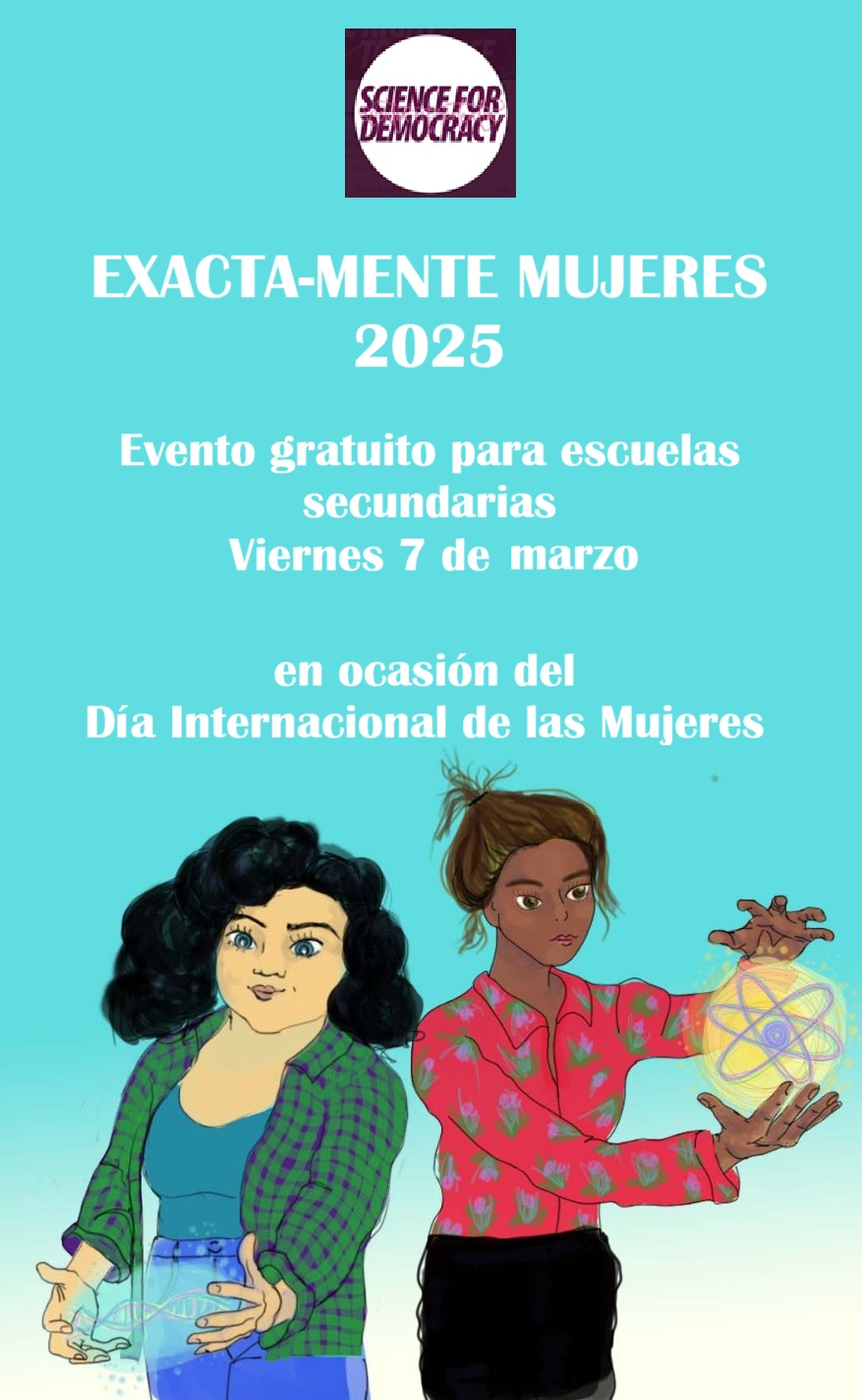Science for Democracy is ready to assist anyone who believes their right to benefit from progress in science and technology has been violated. To understand what the right to science entails, please read here.
The Right to Science is, at the same time, an individual right and a collective one; a right of persons and of institutions (e.g. universities, research labs, companies); of scientists and non-scientists. Nowadays, there are several avenues to advocate for those whose right to science has been violated, some of which are political in nature, others quasi-judicial or judicial. Some are global in scope and could be used to hold any State in the world accountable (subject to some limitations). Amongst these, there are the UN Universal Periodic Review; the UN Human Rights Council Special Procedures; the UNESCO 104 Procedure; the communications procedures under the various UN core human rights treaties (e.g. Covenant on Economic, Social and Cultural Rights; Covenant on Civil and Political Rights; or Covenant on the Elimination of Discrimination against Women). Others are regional in scope, such as the European Court of Human Rights, the Inter-American Commission on Human Rights, the Inter-American Court of Human Rights; the African Commission on Human and Peoples’ Rights and the African Court on Human and Peoples’ Rights.
Although bringing your case before one of these bodies does not require a law degree, successfully advocating requires specific legal and human rights expertise. SfD leadership and its extensive network are ready to help you identify the best forum to bring your claim and to advocate or litigate it, pro bono. If you want our help, please, feel free to reach out to us via email.


